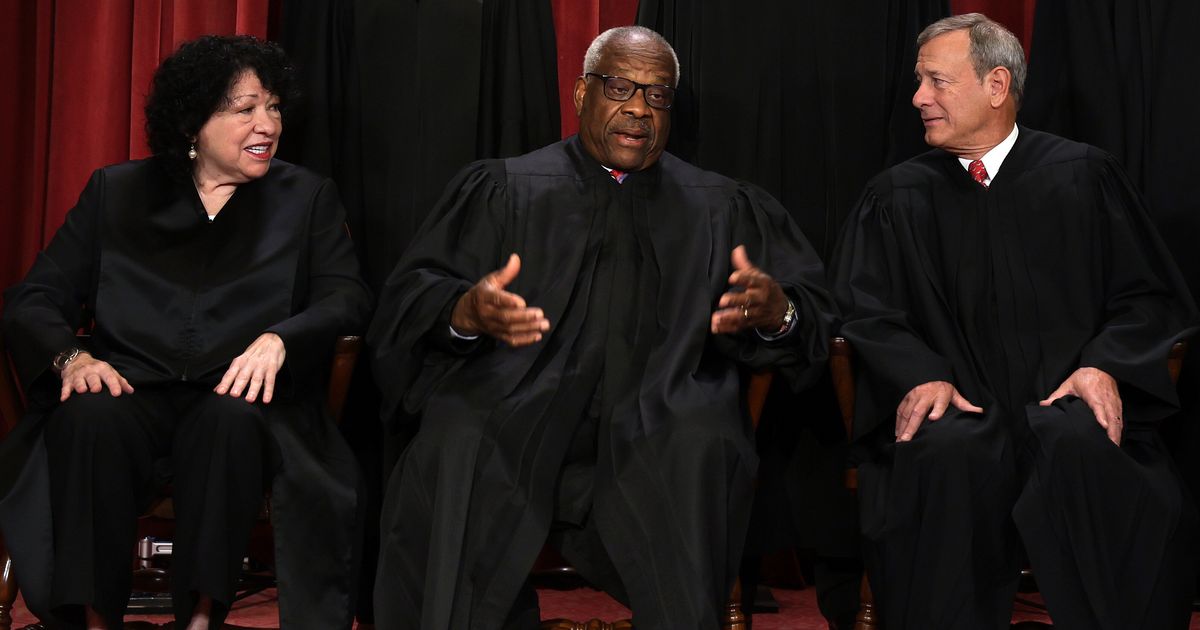Key takeaways:
- 27 attorneys general from states across the country are urging the Supreme Court to restrict the reach of Section 230 of the 1996 Communications Decency Act.
- Biden administration, prominent Republicans, and Senators Cruz and Hawley have found common ground in calling for limits on internet company immunity under Section 230.
- The Supreme Court is set to hear two cases that could decide the future of the internet, and the attorneys general are hoping that their joint effort will influence the court’s decision.
A bipartisan group of 27 attorneys general from states across the country are urging the Supreme Court to restrict the reach of Section 230 of the 1996 Communications Decency Act. This provision, often referred to as “the twenty-six words that created the internet”, has largely shielded companies from defamation claims and other lawsuits over content posted by users.
The Biden administration is in agreement with prominent Republicans, such as Sens. Ted Cruz of Texas and Josh Hawley of Missouri, in calling for limits on internet company immunity under Section 230. Both senators have been vocal critics of the Biden administration, but have found common ground on this issue.
The Supreme Court is set to hear two cases that could decide the future of the internet, and the attorneys general are hoping that their joint effort will influence the court’s decision. The attorneys general are from states such as California, Texas, Rhode Island and Alaska, and represent both Republican and Democratic parties.
The impact of the Supreme Court’s decision on Section 230 could be far-reaching. It could affect the way companies are held accountable for content posted by users, and could have a major impact on the way the internet is used. The attorneys general are hoping that their joint effort will help shape the future of the internet in a positive way.





Be First to Comment